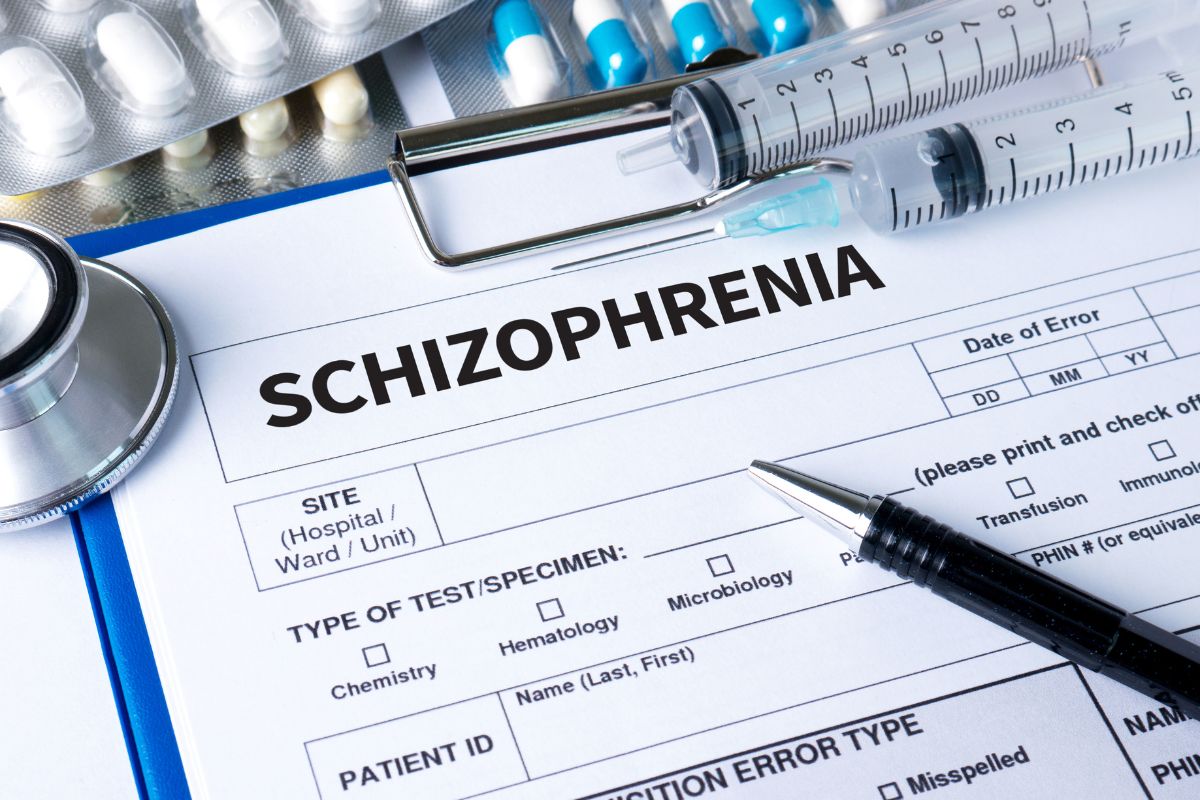Introduction
Schizophrenia criteria are essential for accurately diagnosing this severe and complex mental health disorder. It affects how a person thinks, feels, and behaves, and is often misunderstood due to its diverse symptoms and impact on individuals’ lives. Accurate diagnosis is crucial for effective treatment and management. In this article, we will explore five essential criteria for diagnosing schizophrenia, following established guidelines. Understanding these criteria can help shed light on this condition and offer insights into how it is diagnosed by mental health professionals.
What are the Schizophrenia Criteria?
Schizophrenia is a chronic mental disorder that often involves psychotic episodes, impacting an individual’s ability to distinguish reality from their own thoughts. It affects less than 1% of the population but can be highly disabling. Early diagnosis and intervention play a significant role in improving the quality of life for those affected by schizophrenia.
For those seeking Best Schizophrenia Treatment, consider visiting:

1. Presence of Delusions or Hallucinations as Schizophrenia Criteria
One of the primary diagnostic criteria for schizophrenia is the presence of delusions or hallucinations. Delusions refer to false beliefs that are not grounded in reality, while hallucinations involve sensing things that are not present, such as hearing voices or seeing things that others cannot. These symptoms are considered to be psychotic experiences and can distort a person’s perception of the world.
Hallucinations and delusions are typically persistent and severe, affecting the individual’s daily functioning. According to health guidelines, these symptoms should be present for at least one month for a formal diagnosis.
2. Disorganized Thinking and Speech: Important Schizophrenia Criteria
Disorganized thinking, often manifested through incoherent or illogical speech, is another critical symptom of schizophrenia. Individuals with this symptom may have difficulty organizing their thoughts, resulting in speech that is difficult to follow. Common signs include jumping from one topic to another (also known as “derailment”) or answering questions with unrelated responses.
This criterion highlights the cognitive challenges that people with schizophrenia face. Disorganized thinking can affect their ability to communicate clearly and is often one of the first signs recognized by mental health professionals during diagnosis.
3. Grossly Disorganized or Abnormal Motor Behavior as Schizophrenia Criteria
This criterion refers to behavior that is markedly inappropriate for a given situation or drastically uncoordinated movements. Examples include agitation, unpredictable reactions, or catatonic behavior, which involves remaining in a fixed position for an extended period or exhibiting extreme resistance to instructions.
This type of behavior significantly affects day-to-day activities, making it difficult for individuals with schizophrenia to maintain normal routines or interact effectively with others.
4. Negative Symptoms as a Component of Schizophrenia Criteria
Negative symptoms refer to the reduction or absence of normal functions that are often taken for granted. These may include:
- Reduced emotional expression (flat affect)
- Lack of motivation (avolition)
- Limited speech output (alogia)
- Difficulty experiencing pleasure (anhedonia)
Negative symptoms are often more challenging to identify than positive symptoms (like hallucinations and delusions) but can severely impact the person’s quality of life. They also tend to be persistent and harder to treat, contributing to long-term disability in individuals with schizophrenia. Explore schizophrenia-related resources provided by the World Health Organization (WHO).
5. Duration and Impact on Functioning: Key Schizophrenia Criteria
For schizophrenia to be formally diagnosed, symptoms must persist for at least six months, including one month of active symptoms such as delusions, hallucinations, or disorganized thinking. This duration helps distinguish schizophrenia from other mental health conditions that may present with similar symptoms.
Moreover, the symptoms must cause significant impairments in social, occupational, or academic functioning. For example, the individual might find it hard to maintain relationships, hold a job, or perform everyday tasks due to the severity of their symptoms.
The Importance of a Professional Diagnosis Based on Schizophrenia Criteria
Only trained mental health professionals can diagnose schizophrenia, as they rely on in-depth clinical assessments and standardized guidelines such as the DSM-5 (Diagnostic and Statistical Manual of Mental Disorders). It’s important for those experiencing symptoms of schizophrenia to seek professional help as early as possible to ensure proper care and support.
For more information on schizophrenia and mental health services, visit the National Institute of Mental Health (NIMH).
Conclusion
Schizophrenia is a life-altering condition, but with the right diagnosis and support, individuals can manage their symptoms and lead fulfilling lives. Recognizing the five key criteria—delusions or hallucinations, disorganized thinking, abnormal motor behavior, negative symptoms, and the duration of symptoms—is vital for early intervention. By seeking professional help, those affected by schizophrenia can access the necessary treatment and support to improve their overall well-being. Learn about government initiatives and support for mental health from Mental Health.gov.

